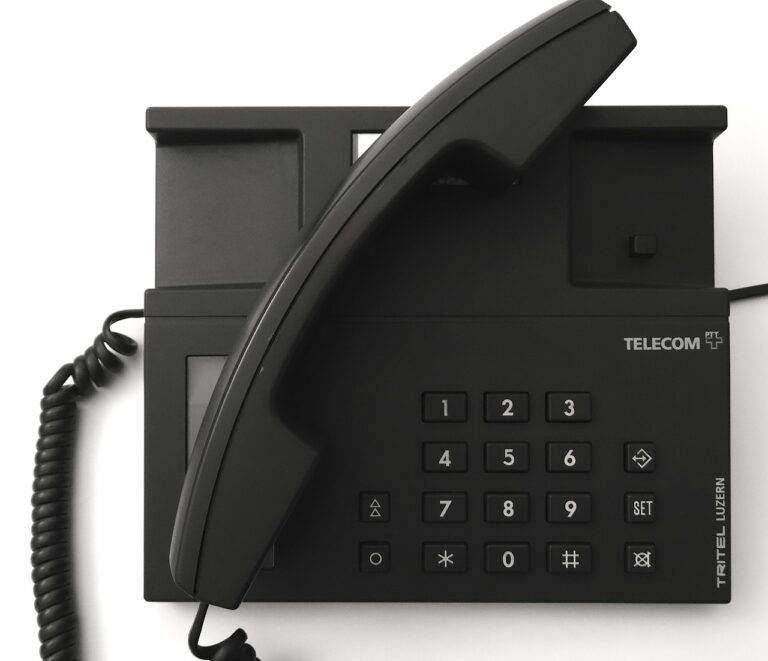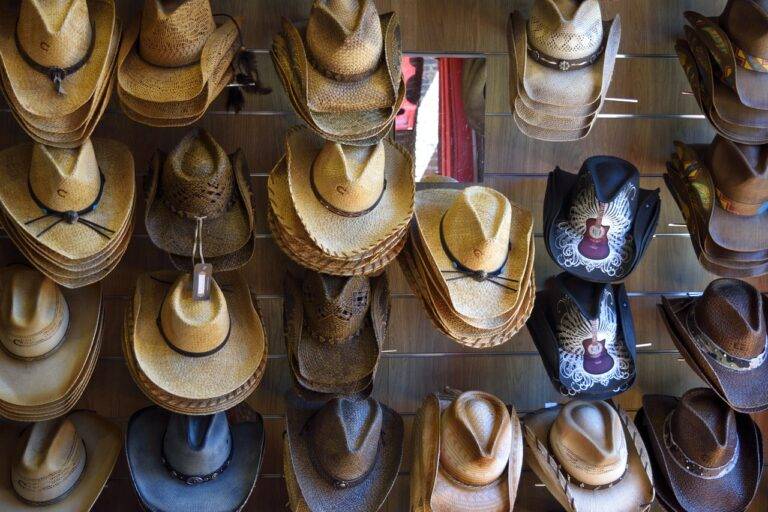The Role of Fashion in Community Education Programs: www.world777, 11xplay.online, Bet book 247
www.world777, 11xplay.online, bet book 247: Fashion plays a significant role in community education programs by providing a platform for creativity, self-expression, and empowerment. Whether through workshops, classes, or events, fashion can be a powerful tool for teaching valuable skills, fostering collaboration, and promoting inclusivity within communities.
Fashion-based community education programs offer a range of benefits for participants of all ages and backgrounds. From learning practical sewing techniques to developing a personal sense of style, these programs can help individuals build confidence, boost self-esteem, and discover new talents. By providing opportunities for hands-on learning and creative exploration, fashion education can inspire a sense of accomplishment and pride in participants.
The Role of Fashion in Community Education Programs
1. Creativity and Self-Expression
Fashion is a form of art that allows individuals to express themselves through clothing, accessories, and personal style. Community education programs focused on fashion provide a space for participants to explore their creativity, experiment with different materials and techniques, and develop their unique aesthetic vision. Through hands-on projects, workshops, and design challenges, participants can unleash their imagination, hone their design skills, and create wearable works of art that reflect their personality and identity.
2. Skill-Building and Empowerment
Fashion education programs offer participants the opportunity to learn valuable skills that can be applied in various aspects of their lives. From learning how to sew a button or hem a pair of pants to mastering advanced garment construction techniques, these programs help individuals develop practical skills that can boost their confidence and self-reliance. By equipping participants with the knowledge and tools to create their own clothing and accessories, fashion education programs empower individuals to take control of their wardrobe choices, express their personal style, and embrace their individuality.
3. Collaboration and Community Building
Fashion-based community education programs often foster a sense of camaraderie and collaboration among participants. Whether through group projects, team challenges, or fashion shows, these programs provide opportunities for individuals to work together, share ideas, and support one another in their creative endeavors. By creating a supportive and inclusive environment where participants can connect, collaborate, and learn from one another, fashion education programs help build strong community bonds and promote a sense of belonging and unity.
4. Sustainable Fashion Education
With growing concerns about the environmental impact of the fashion industry, community education programs focused on sustainable fashion have gained popularity in recent years. These programs educate participants about the importance of ethical and eco-friendly fashion practices, such as upcycling, recycling, and using sustainable materials. By promoting a more conscious approach to fashion consumption and production, sustainable fashion education programs empower individuals to make informed choices that benefit both the planet and the community.
5. Cultural Awareness and Diversity
Fashion is a universal language that transcends geographical boundaries and cultural differences. Community education programs that celebrate diversity and inclusivity through fashion can help promote cross-cultural understanding and appreciation. By exploring traditional garment-making techniques, indigenous textiles, and global fashion trends, participants can learn about different cultures, histories, and identities. Through meaningful cultural exchange and dialogue, fashion education programs can foster a sense of respect, tolerance, and unity within communities.
6. Career Development and Entrepreneurship
Fashion education programs can also serve as a stepping stone for individuals interested in pursuing a career in the fashion industry. By providing practical training, industry insights, and networking opportunities, these programs can help aspiring designers, stylists, seamstresses, and entrepreneurs develop the skills and connections needed to succeed in the competitive world of fashion. Whether through internships, mentorship programs, or portfolio reviews, fashion education programs can help participants kickstart their career in fashion and turn their passion into a profession.
In conclusion, fashion plays a vital role in community education programs by providing a platform for creativity, skill-building, empowerment, collaboration, sustainability, cultural awareness, and career development. By engaging participants in hands-on projects, workshops, and events that promote self-expression, inclusivity, and innovation, fashion education programs have the power to transform individuals’ lives, strengthen communities, and inspire positive change. As fashion continues to evolve and adapt to the needs and interests of diverse communities, it will remain an invaluable tool for education, empowerment, and creativity in today’s society.
FAQs
Q: How can I get involved in fashion-based community education programs?
A: To get involved in fashion-based community education programs, you can start by researching local organizations, schools, or community centers that offer fashion-related classes, workshops, or events. You can also reach out to fashion designers, seamstresses, and educators in your community to inquire about volunteer opportunities or internships. By networking, attending fashion-related events, and staying informed about upcoming programs, you can connect with like-minded individuals and organizations that share your passion for fashion education.
Q: What skills can I learn from fashion education programs?
A: Fashion education programs offer a wide range of skills that can benefit participants of all levels, from beginners to advanced designers. Some of the skills you can learn from fashion education programs include sewing, patternmaking, garment construction, sketching, styling, trend forecasting, merchandising, and entrepreneurship. Whether you’re interested in creating your own clothing line, starting a fashion blog, or working in the fashion industry, fashion education programs can help you develop the knowledge, skills, and confidence to pursue your passion and achieve your goals.
Q: How can fashion education programs promote sustainability and ethics in the fashion industry?
A: Fashion education programs can promote sustainability and ethics in the fashion industry by educating participants about the environmental and social impact of fashion production and consumption. These programs can teach participants about sustainable practices, such as upcycling, recycling, using eco-friendly materials, and reducing waste. By raising awareness about ethical fashion brands, fair trade practices, and labor rights, fashion education programs can empower individuals to make informed and responsible choices that support a more sustainable and ethical fashion industry.







